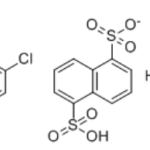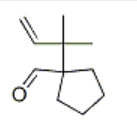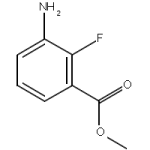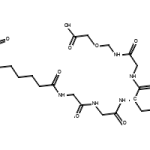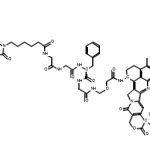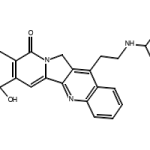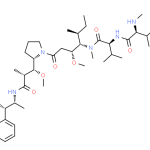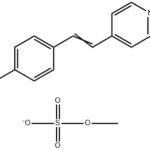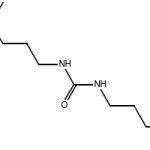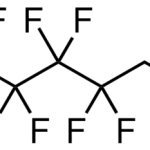

As we age, our skin loses its elasticity. Signs of pigmentation start appearing and prominent wrinkles taint your once flawless skin. Generally, cosmetic companies all over the world make tall promises of rejuvenating and lifting sagging skin, reducing fine lines and wrinkles, and providing a solution for a fresh and youthful appearance. Contrary to what people believe, most beauty creams today – particularly the ones aimed at reducing signs of aging – have yielded dramatic results. That’s because of the usage of peptides in anti-aging creams. Proteins have long played a prominent role in cosmetology. They are found in a range of creams, serums, hair products and more. There are no two ways about the fact that these proteins show miraculous results on skin. At the present time,
cosmetic peptides are growing to be a revolutionary beauty ingredient on account of their multi-functional properties such as :
- Fulfilling biological functions,
- Carrying out cellular activities,
- Exercising control over skin processes, including aging.
What Are Peptides ?
To begin with, collagen is a form of protein that’s made from long-length amino acid chains attached together. However, it is important to understand that peptides possess the same chemical structure as proteins, but its chain is shorter than that of proteins. Peptides are basically constructed from the leftovers of amino acids. Generally, peptides are polypeptide that comprise about 30-50 amino acids in the chain. Typically, peptides come in two forms : natural and synthetic. Modern cosmetic peptides are lab engineered and hence they are known to produce much more effective results. Unlike proteins and amino acids, peptides do not have any species specificity. Consider this : fish collagen present in a cosmetic cream will not do any good to the skin. However, if you breakdown this collagen and add derivative peptides into it, the results will certainly be rejuvenating and enriching for the skin. According to various scientific investigations, cosmetic results can be achieved even with very low levels of peptides in cosmetic products. Furthermore, it has zero level of toxicity and is not hazardous for the skin. Here’s a brief summary of the functions fulfilled by cosmetic peptides in a wide range of cosmetic skincare products :
- They encourage the production of collagen and prevent any cross linkage among them,
- Improves the skin by making it soft and supple,
- Stimulate superoxide dismutase (a protective antioxidant enzyme),
- Improve organic mechanism protecting antioxidants,
- Exercise control over melanogenesis (this holds back the production of melanin),
- Alleviate tenderness and encourage skin regenerative procedures,
- Improve the circulation of blood at micro-level (microcirculation).
At Watson International, we stock a comprehensive collection of various kinds of
cosmetic peptides. Moreover, we also have in store some highly popular chemical products including coupling reagents, n-methyl amino acid, Pentacyclen, and many more. For more information, email us at
contact@watsonnoke.com .

 As we age, our skin loses its elasticity. Signs of pigmentation start appearing and prominent wrinkles taint your once flawless skin. Generally, cosmetic companies all over the world make tall promises of rejuvenating and lifting sagging skin, reducing fine lines and wrinkles, and providing a solution for a fresh and youthful appearance. Contrary to what people believe, most beauty creams today – particularly the ones aimed at reducing signs of aging – have yielded dramatic results. That’s because of the usage of peptides in anti-aging creams. Proteins have long played a prominent role in cosmetology. They are found in a range of creams, serums, hair products and more. There are no two ways about the fact that these proteins show miraculous results on skin. At the present time, cosmetic peptides are growing to be a revolutionary beauty ingredient on account of their multi-functional properties such as :
As we age, our skin loses its elasticity. Signs of pigmentation start appearing and prominent wrinkles taint your once flawless skin. Generally, cosmetic companies all over the world make tall promises of rejuvenating and lifting sagging skin, reducing fine lines and wrinkles, and providing a solution for a fresh and youthful appearance. Contrary to what people believe, most beauty creams today – particularly the ones aimed at reducing signs of aging – have yielded dramatic results. That’s because of the usage of peptides in anti-aging creams. Proteins have long played a prominent role in cosmetology. They are found in a range of creams, serums, hair products and more. There are no two ways about the fact that these proteins show miraculous results on skin. At the present time, cosmetic peptides are growing to be a revolutionary beauty ingredient on account of their multi-functional properties such as : 
